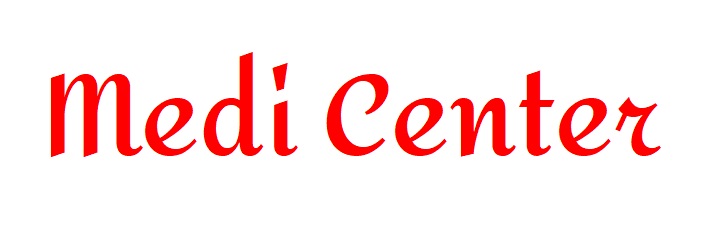The Symbolism of Horns in Dreams: Insights from Classical Scholars and Modern Perspectives
Explore the rich symbolism of horns in dreams through classical and modern perspectives. Learn how scholars and psychologists decode their meanings and uncover their relevance in your life.

The Symbolism of Horns in Dreams: Insights from Classical Scholars and Modern Perspectives
Dreams have fascinated humanity for centuries, serving as bridges between the subconscious and the spiritual realm. The imagery of horns in dreams carries profound meanings rooted in classical interpretations, cultural symbolism, and modern psychological theories. Let’s delve into these interpretations and their relevance in today’s world.
What Do Horns Represent in Dreams?
Horns in dreams are potent symbols associated with strength, power, and transformation. From the insights of Islamic dream scholars to modern psychological analyses, horns reveal complex narratives about one’s life and inner world.
Classical Interpretations: Strength, Authority, and Conflict
Imam Jafar al-Sadiq (a.s):
Dreaming of horns from desert animals symbolizes blessings and benefit, reflecting the prosperity and advantages life may offer.
Ibn-i Sîrîn:
- Seeing yourself with a horn indicates rising in status and gaining wealth.
- Dreaming of having cow horns signifies abundance and material success.
Kirmani:
- A horn on your head signifies attaining strength and influence.
- Dreaming of horns from rams or similar animals suggests lifelong happiness and stability.
Ihya:
Having horns in dreams is interpreted as a sign of power. For rulers or leaders, having two horns represents dominion over vast territories.
Nablusi:
Horns are connected to victory, protection, and prosperity. Dreaming of animal horns can reflect challenges, with outcomes depending on the type of animal:
- Wild animal horns signify oppression.
- Domestic animal horns may represent grief or concern.
Modern Psychology Meets Classical Symbolism
How Do Horns Reflect Inner Strength?
Modern psychology, inspired by Carl Jung and Sigmund Freud, views dream symbols as manifestations of inner conflicts and desires. Jung associated horns with archetypes of dominance, defense, and spiritual ascent. Freud might interpret horns as suppressed emotions or subconscious fears coming to the surface.
Carl Jung’s Perspective on Symbols:
Jung believed that nature symbols, such as horns, are rooted in the collective unconscious. They may represent an individual’s connection to primal instincts and their quest for balance between strength and vulnerability.
Horns in Western Cultural Symbols
In Western culture, horns often symbolize power, fertility, and transformation:
- Mythological Significance: The horned god in Celtic mythology represents the cycle of life, death, and rebirth.
- Religious Context: The Bible associates horns with divine authority and protection.
Connecting Traditional and Modern Interpretations
Dreams about horns bridge ancient wisdom with contemporary insights. They urge the dreamer to reflect on personal power, relationships, and potential conflicts. By analyzing these symbols through both spiritual and psychological lenses, one can unlock deeper self-awareness.
Questions to Reflect Upon
- What does the appearance of horns in your dream signify about your current life challenges?
- Are you embracing your inner strength, or is there a fear you must confront?
Biographies of Classical Dream Scholars
Imam Jafar al-Sadiq (a.s):
A revered Islamic scholar known for his profound insights into spirituality and dream interpretation.
Ibn-i Sîrîn:
Renowned for his comprehensive dream dictionary and interpretations rooted in Islamic theology.
Nablusi:
A prolific Islamic scholar whose works continue to influence dream analysis.
Kirmani:
Noted for his psychological and symbolic approach to dream interpretation.
Danyal A.S:
A prophet whose insights on dreams are preserved in historical texts.
Seyyid Süleyman:
A key figure in Islamic dream interpretation, blending spiritual and practical advice.
Molla Cami:
Celebrated for integrating Sufi perspectives into dream analysis.
Cabir Mağribî:
An early contributor to the art of dream interpretation in Islamic tradition.
Western Dream Analysis and the Archetype of Horns
Carl Jung’s Insights:
Jung saw horns as archetypes representing the balance between primal instincts and higher aspirations. They may also symbolize protection or the challenge of facing adversaries.
Sigmund Freud’s View:
Freud interpreted horns as symbols of suppressed emotions, possibly indicating conflict or unfulfilled desires.
Explore More at www.dreamsinterpreters.com
Dive deeper into the world of dreams with interpretations that blend timeless wisdom with modern insights.














